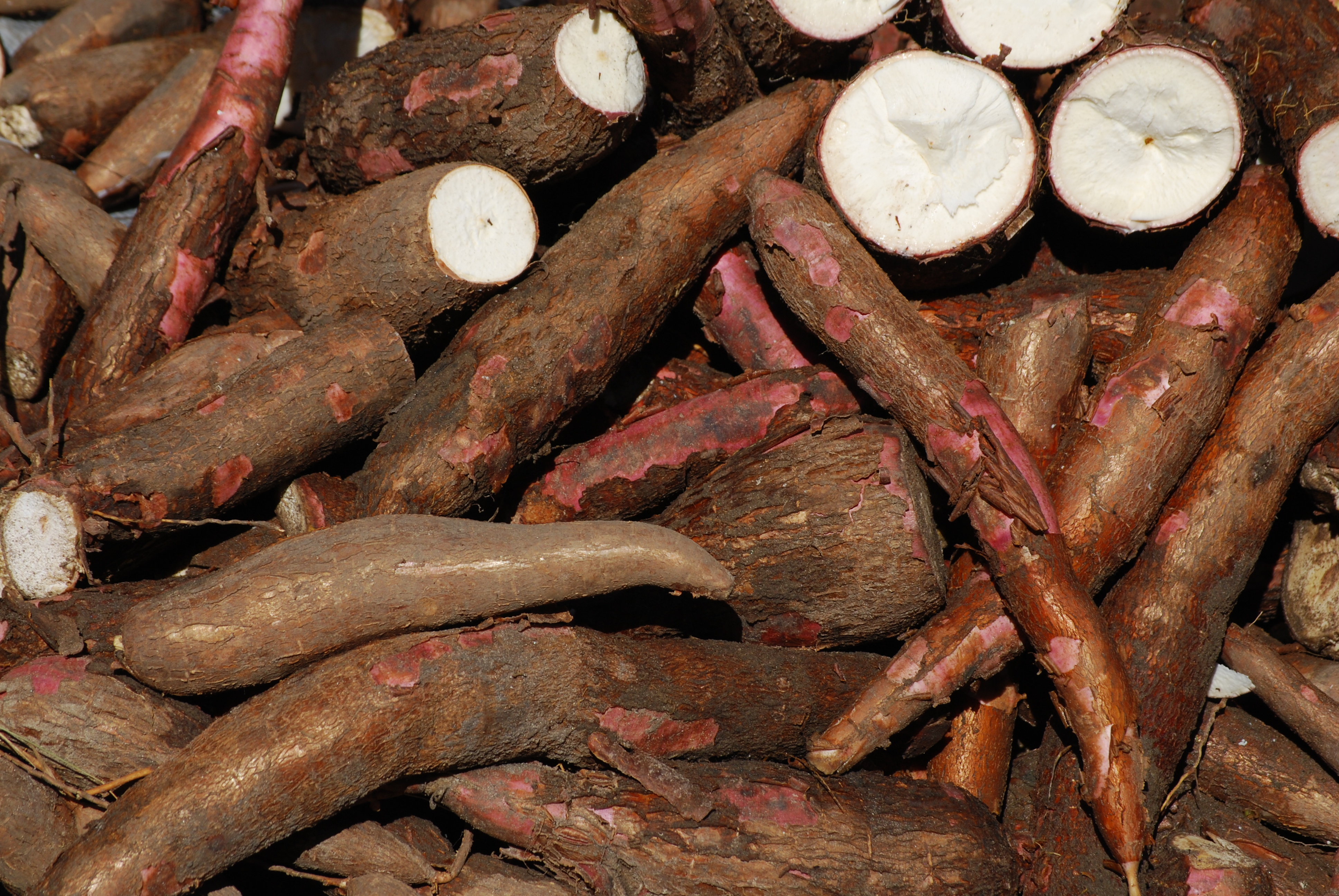CFC Cassava Value Chain Development in West Africa
A three year CFC project on cassava value chain development in West Africa has been successfully completed. A set of project related documents is now available on our website
Cassava plays a key role in providing food security to more than about 600 million people especially those in the developing nations including Africa, Latin America and Asia. Cassava is planted on about 17 million hectares worldwide, with 50 percent of acreage in Africa. Currently, Nigeria is the world producer of the crop, accounting for about 47 million tons per annum.
The crop is eaten boiled as mush, roasted, baked, or consumed as a pudding or even used to produce alcoholic beverages. In Nigeria, people eat Eba, a dish where the cassava tubers are grated and fried and then mixed with boiling water to form a thick paste. In Brazil, farofa, a lightly roasted cassava flour is the standard side dish for Feijoada, the famous black bean stew. In the Philippines, bibinka a sweet cake made out of cassava, milk coconut and sugar is very popular in the countryside.
However, despite the importance of cassava in traditional food dishes around the globe, the huge potential of the crop in terms of food security, poverty eradication and wealth creation, has not yet been exploited and is still facing a myriad of challenges which prevent it to become a mainstream cash crop in Africa. With the development of stable and differentiated markets for cassava based products and the entrance of private sector investors, the Common Fund believes that many of the constraints observed along the cassava value chain might eventually be overcome.
To tackle the problem of processing and foster easy access to markets, the Common Fund for Commodities has funded a project that was implemented between 2008 and 2011 to develop model cassava value chains with commercially processed food products in three West African countries - Nigeria, Republic of Benin and Sierra Leone. The US$1.6 million project provided beneficiaries with access to new, high yielding and pest resistant cassava cultivars, with knowledge technologies and training on product quality improvement and with assistance in the in business and market development for processed cassava products.
The following two documents will provide you with an overview on the project and its achievement “Creating a positive change in Africa” and "The journey so far”.
For detailed project results please consult the individual final country reports (CFC Benin Report, CFC Nigeria Report and CFC SierraLeone Report).
For a socio-economic analysis please click here (Livelihood study of the CFC Beneficiaries). The following link (Low-cost sustainable cassava drying technologies) will provide you with some project findings on efficient trying technologies in cassava, which is the key process when it comes to product quality.

